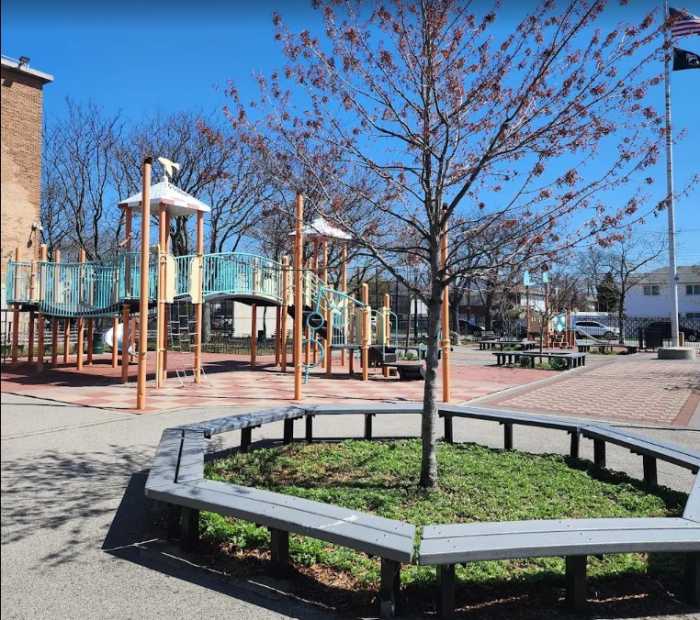By Jeremy Walsh
Tenants in buildings owned by corporate property manager Vantage Properties have sued the company, alleging it illegally tried to force them out of their rent-stabilized apartments.
Robert McCreanor, an attorney with the Catholic Migration Office's Immigrant Tenant Advocacy Project, said Vantage violated consumer protection, debt collection and rent stabilization laws while pressuring tenants to leave the buildings in Jackson Heights, Sunnyside and Woodside.
Bud Perrone, a spokesman for Vantage, said the lawsuit is without merit and that the company invited Catholic Migration Office representatives to meet and discuss tenant issues before the suit was filed.
“Vantage serves all our residents with respect and appreciation, and each resident enjoys all the protections afforded them under the law, totally free of harassment,” he said.
The lawsuit, filed in Manhattan Supreme Court, cites Securities and Exchange Commission filings that indicates Vantage's strategy involves ousting rent-stabilized tenants to increase profit margins.
“The sponsors plan to improve the subject's performance by making capital improvements to individual units as the leases expire and raising rents to market levels,” documents outlining mortgages for purchasing rent-stabilized apartments in Washington Heights show. “The borrower anticipates to recapture approximately 20 percent to 30 percent of the units by year end 2008.”
Perrone said Vantage inherits neglected or mismanaged buildings and works to improve them.
“It is clear that our rent-stabilized residents are much better served today than under prior ownership,” he said.
Vantage sued several of the plaintiffs for nonpayment of rent despite receiving tenants' checks, the suit said. The company claimed it never received lease renewal papers from one resident and announced it would evict him, although he claims he has documentation proving a Vantage employee signed for the certified letter, the suit said.
Vantage also accused four tenants of having another primary residence based on address records with a similar name, the suit alleged.
Lio Campos, a Woodside tenant who is not a plaintiff in the suit, said Vantage has returned rent checks written by a roommate because they do not bear the name of the person on the lease agreement.
“It happened to me twice,” he said, noting he has lived in the apartment for 18 years and had no problems with the prior landlord. “I had to pay them personally in the office and keep the receipt.”
At a news conference in one of the Vantage buildings in Woodside, City Councilman Eric Gioia (D-Sunnyside) said he would organize City Council hearings to investigate the trend of private equity-backed property management companies acquiring rent-regulated apartment buildings.
Benjamin Dulchin, deputy director of the Manhattan-based advocacy group Association for Neighborhood and Housing Development, said private equity-backed firms have bought more than 90,000 rent-regulated housing units about 9 percent of the city total over the past four years.
The typical rate of return on rent-regulated apartment buildings is between 7 percent and 8 percent, Dulchin said. But because the private equity firms that back companies like Vantage have to compete with other private equity funds on Wall Street, the expected rate of return ranges between 15 percent and 20 percent, he said.
Reach reporter Jeremy Walsh by e-mail at jwalsh@timesledger.com or by phone at 718-229-0300, Ext. 154.




































